Two years ago, during 31 for 21, I blogged about the importance of sex education for people with disabilities - and it's still important for this topic to be discussed.
As I said in that post - sex education isn't just about sex (safe sex/abstinence) but it's also about healthy relationships and what is/isn't appropriate. It's about learning about boundaries and personal space and owning your body and knowing you can say no.
With the current news focused on the latest man in position of power sexually harassing/assaulting women, it's important that people with disabilities are involved in this conversation.
It's so important because 80% of women with an intellectual disability will be sexually abused. (The article I linked to for this statistic in my previous post is no longer available).
Aside from that glaring statistic - people with disabilities have sexual feelings too and have been treated as children well into their adult lives and not been given the chance to explore their sexuality.
This article explains Why Sex Education for Disabled People is so Important. And it isn't just coming from the 'experts', but from people with disabilities who were interviewed for this article.
"When it comes to disability and sexuality, a large part of the issue lies in the fact that disabled people are so infrequently included in the decisions made about their bodies, their education, and their care. So what do people with disabilities wish they had learned in sex ed? This is what students and adults with disabilities said about their experience in sexual health courses and what they wish they had learned."
Monday, October 16, 2017
Subscribe to:
Post Comments (Atom)


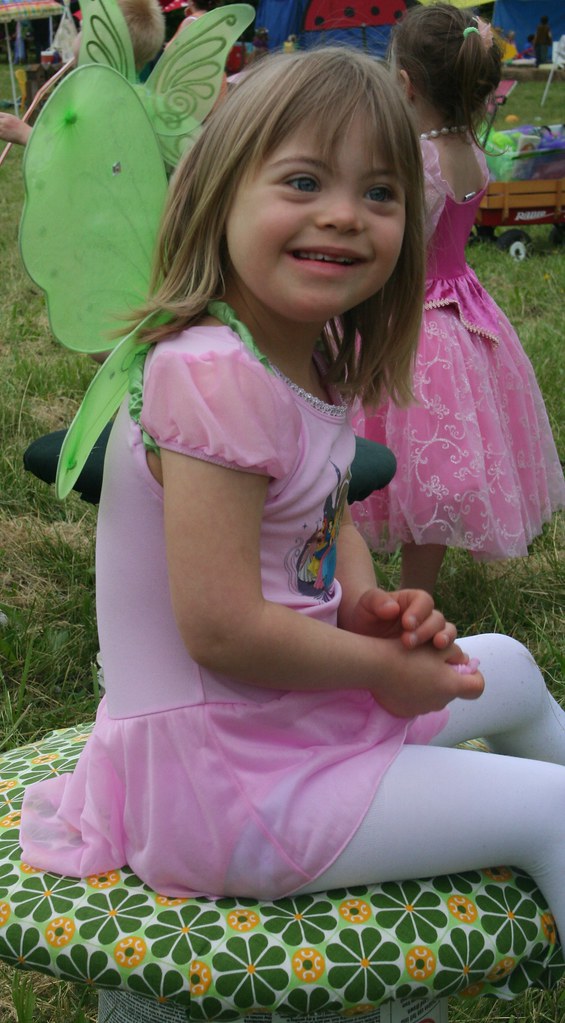

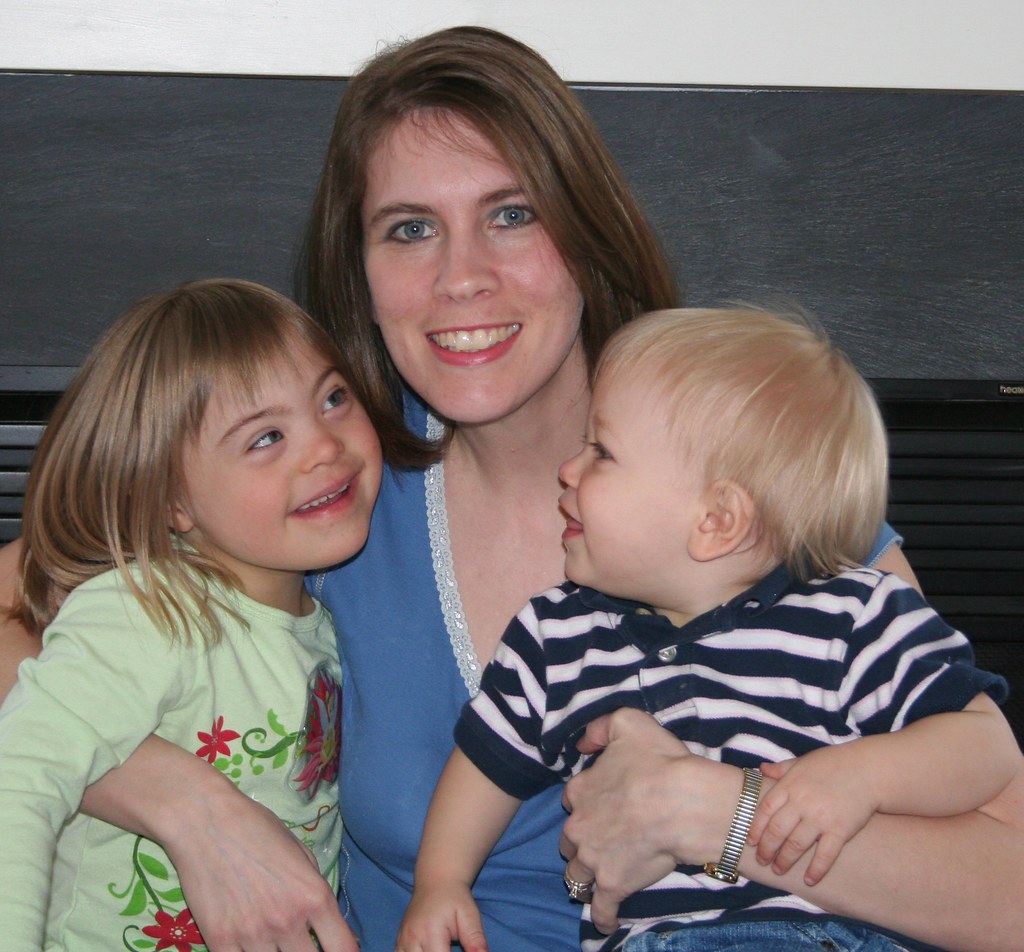
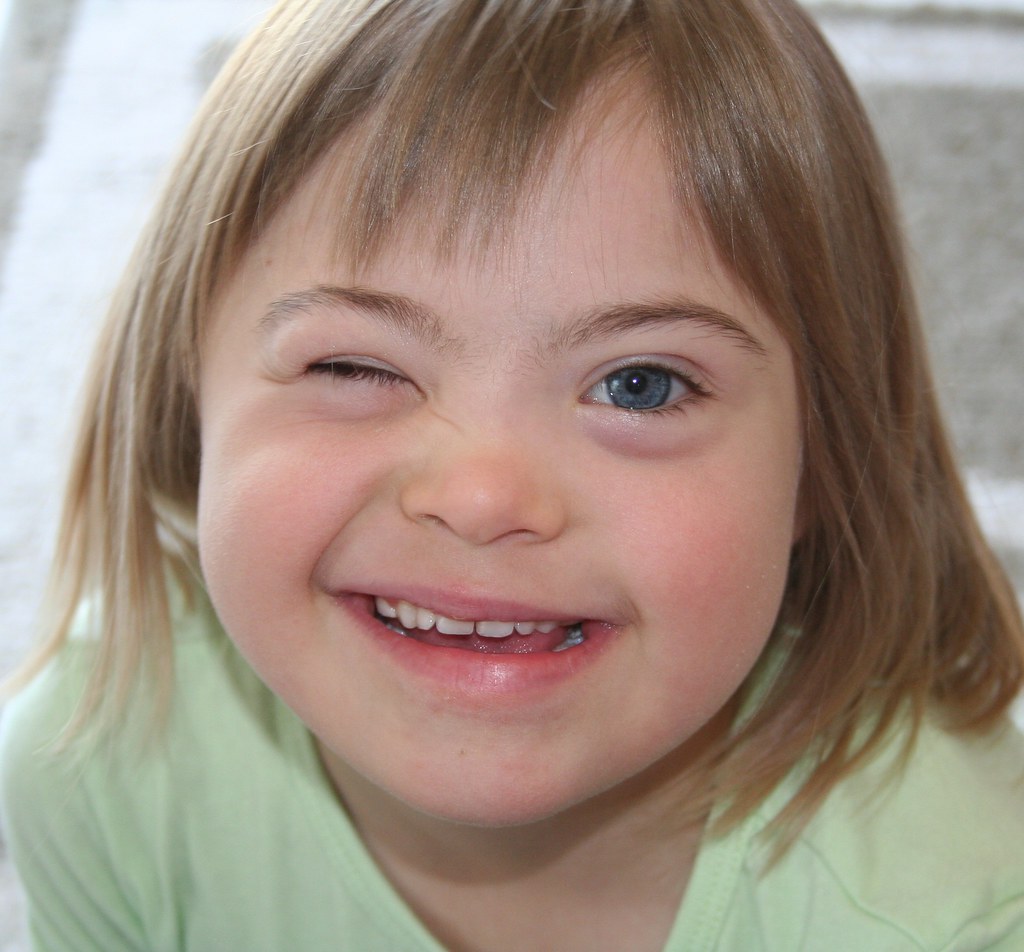

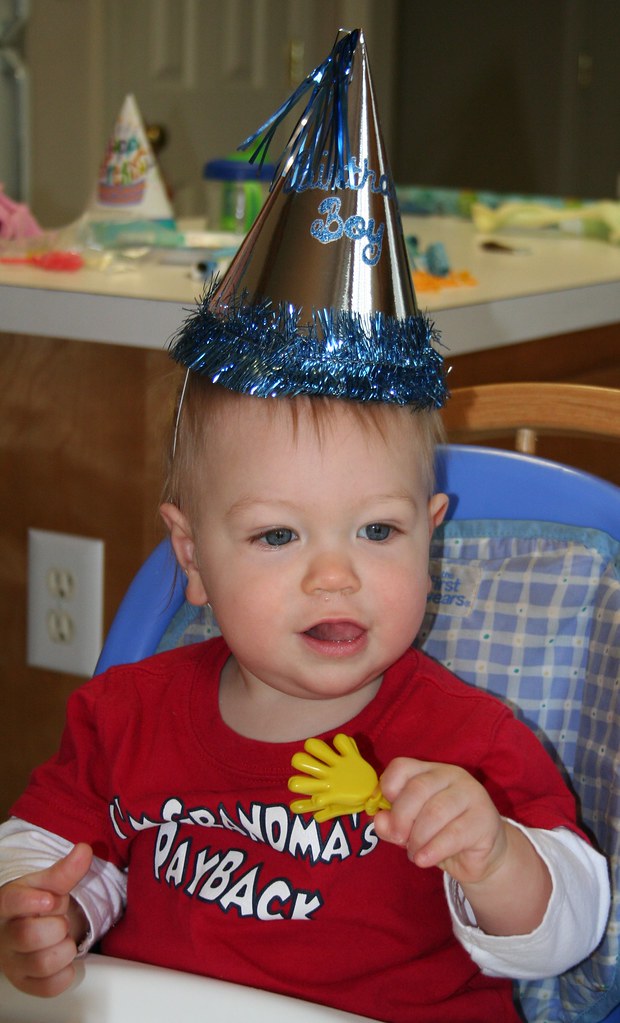


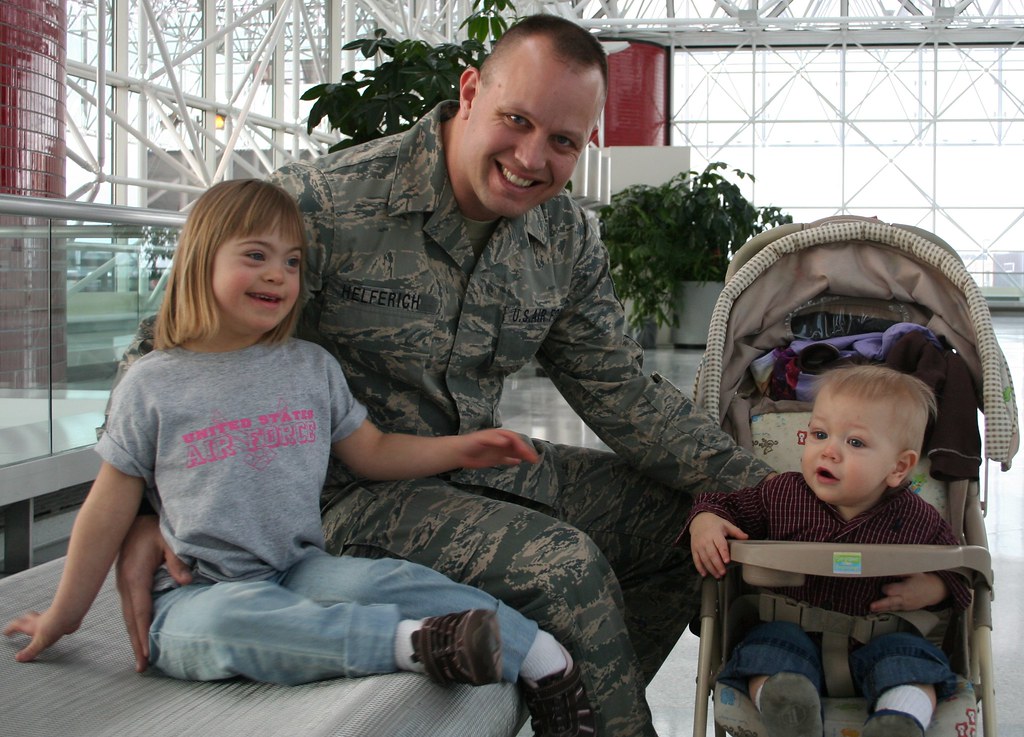
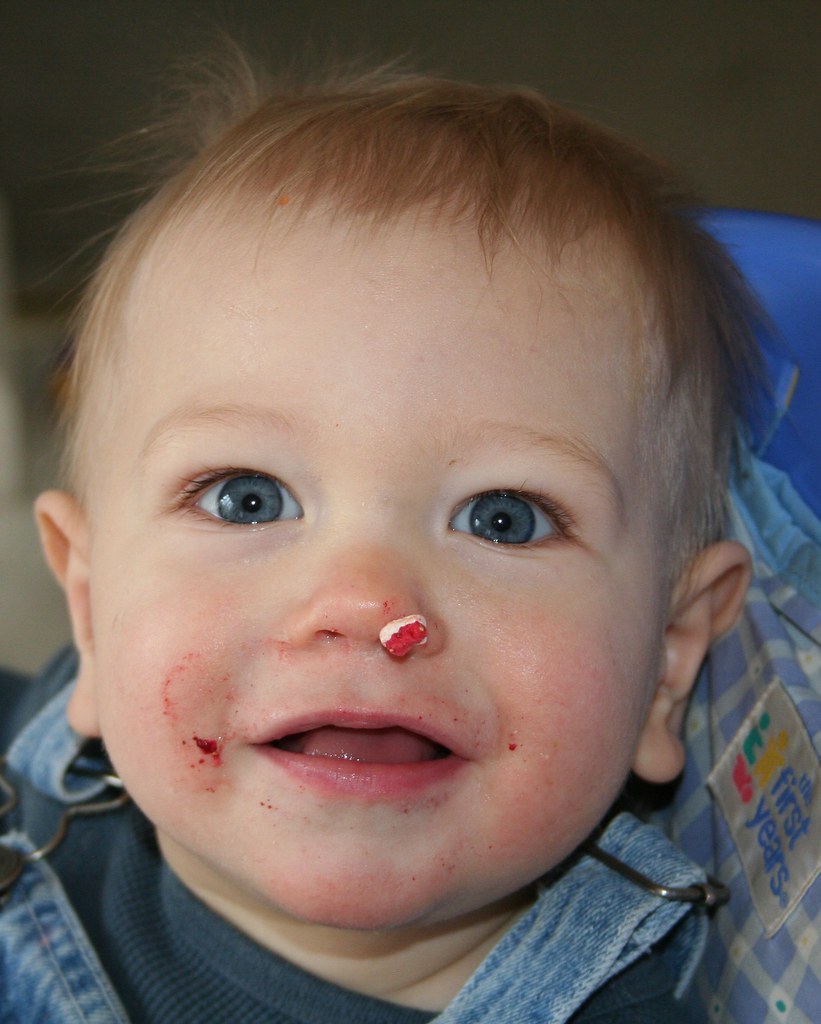
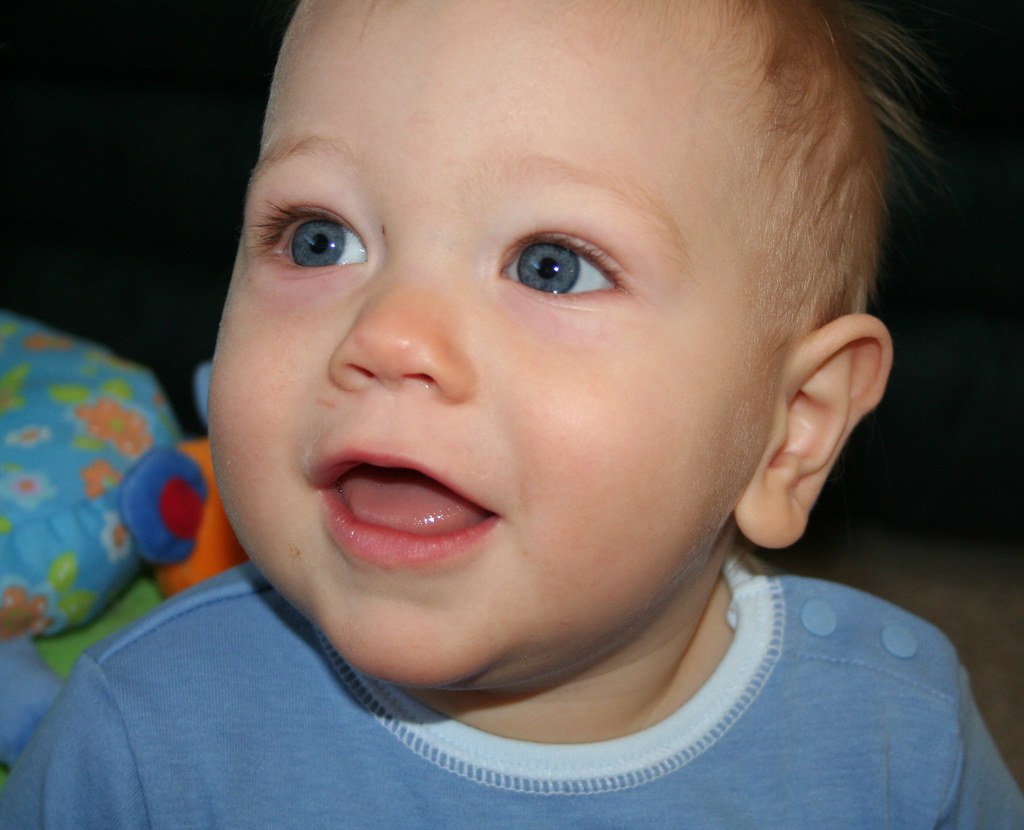
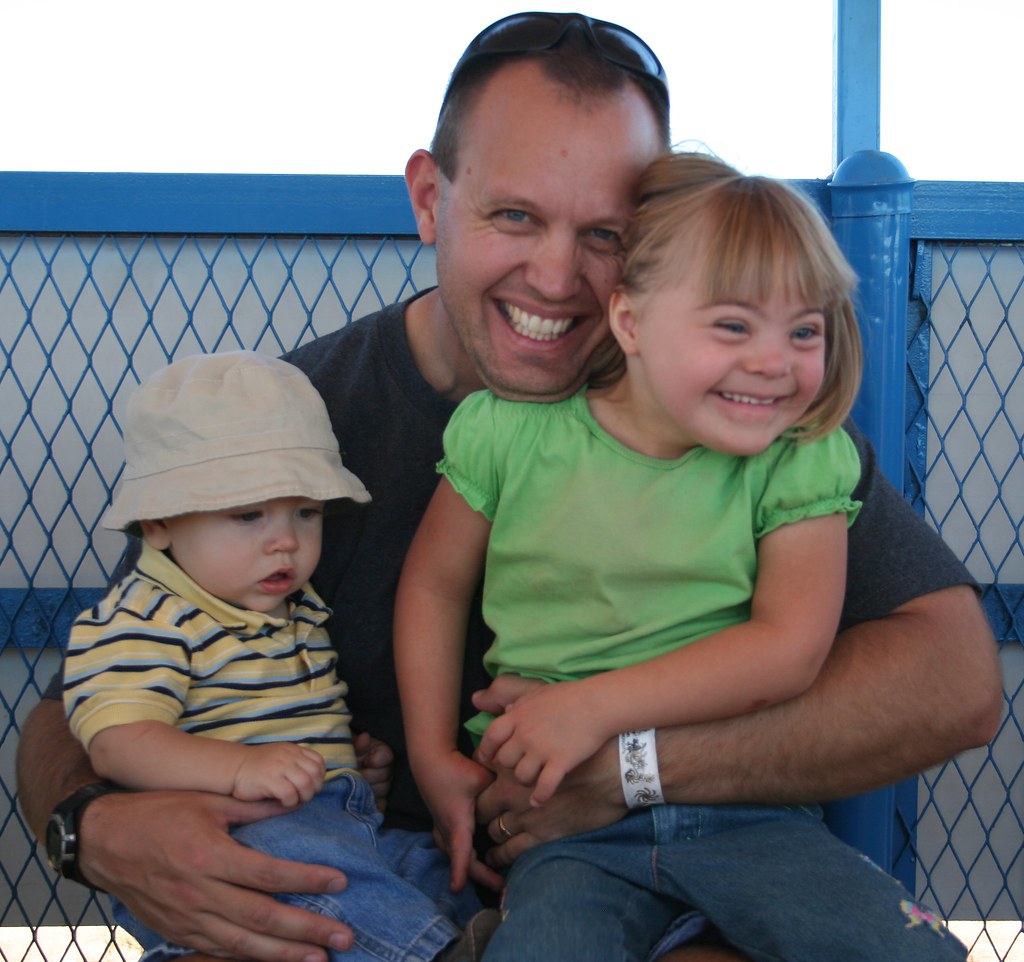
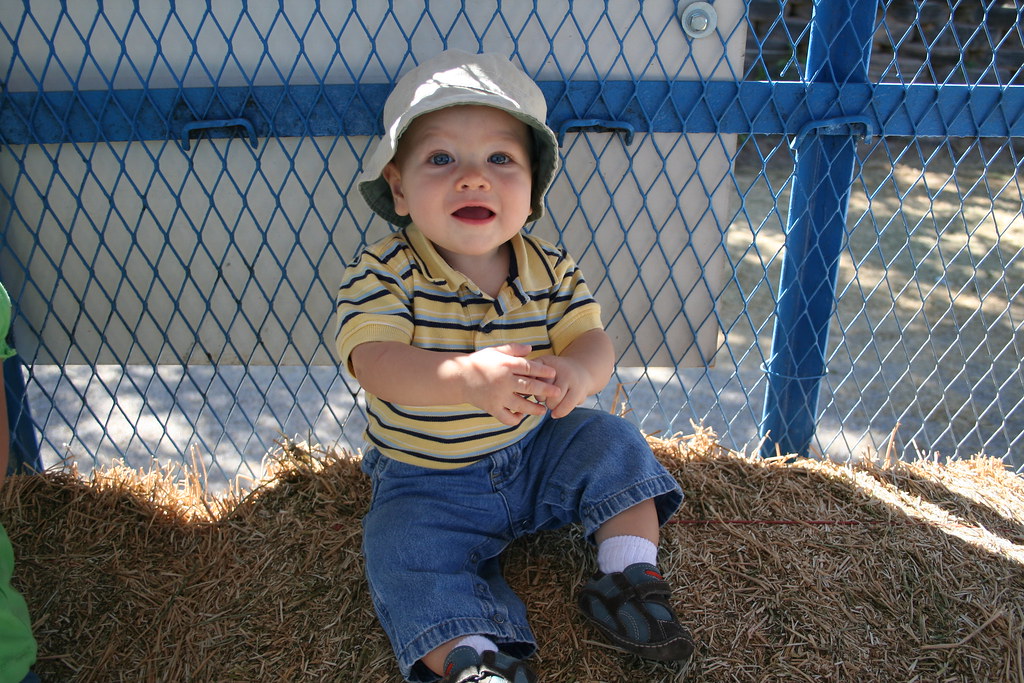

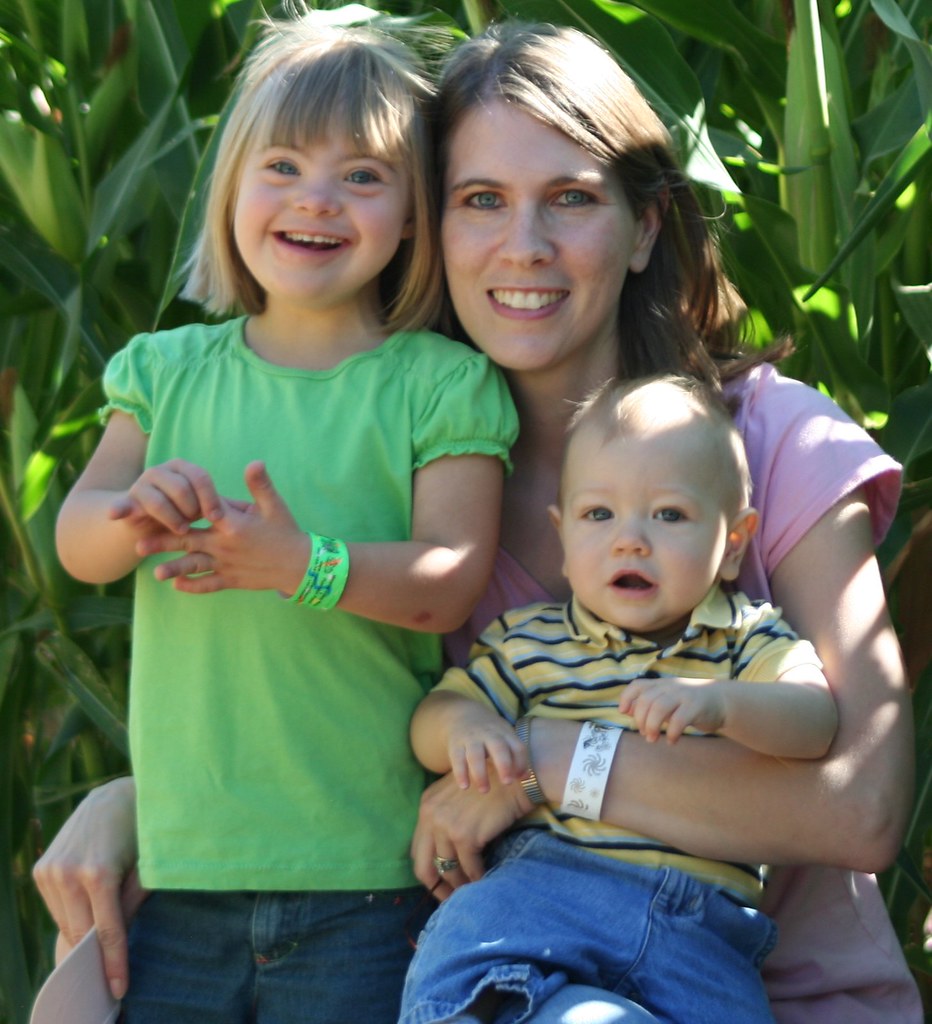
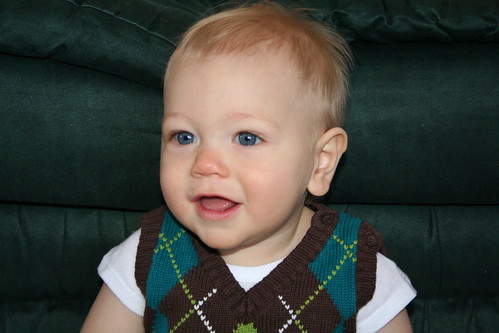

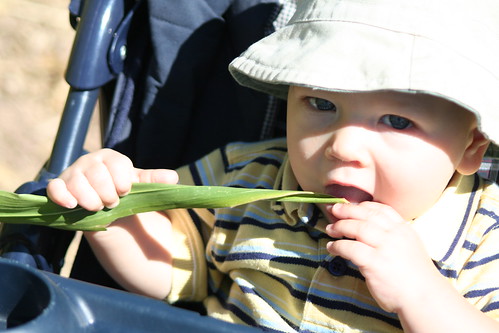

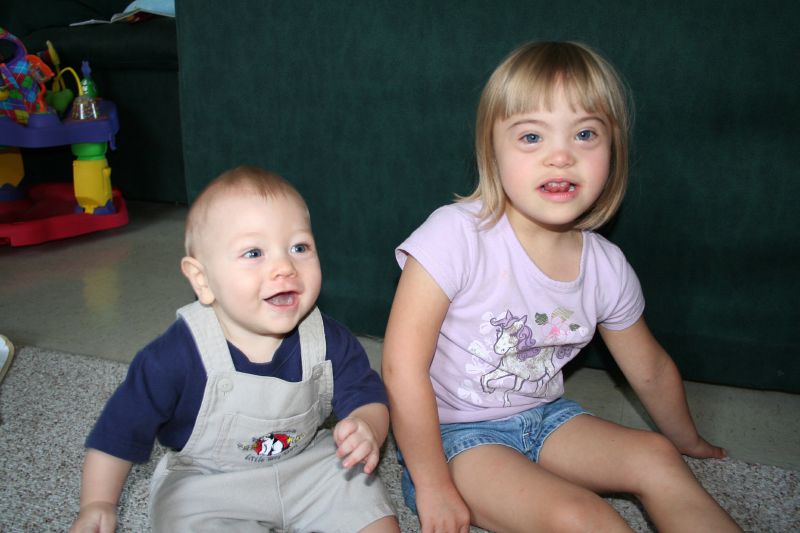
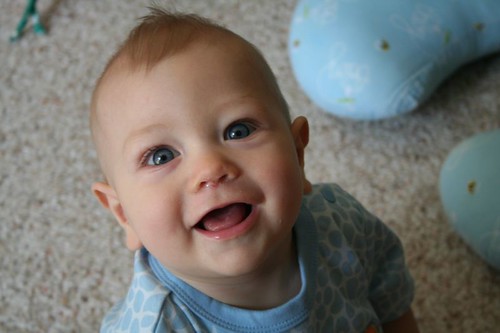
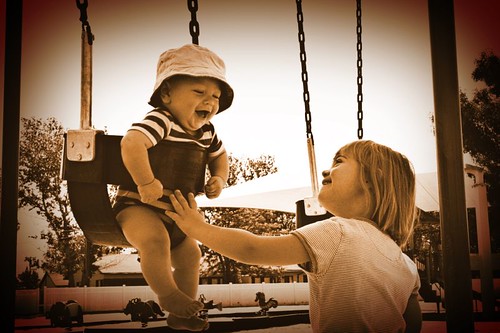
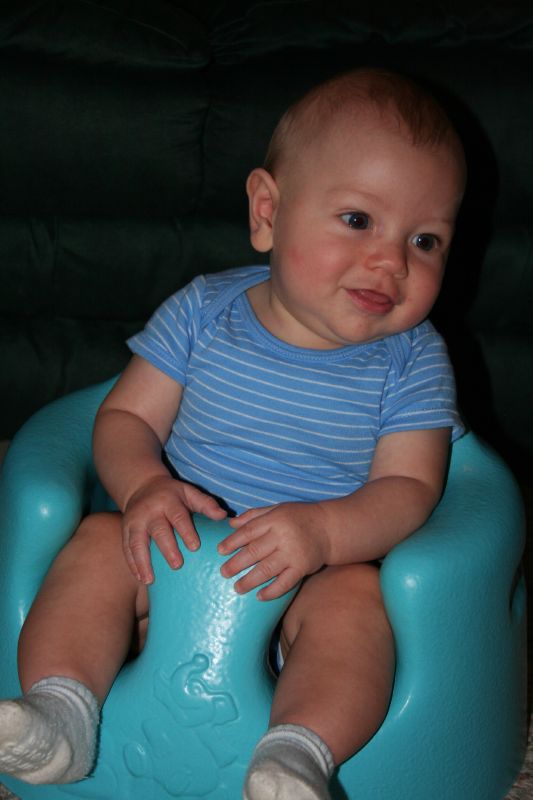
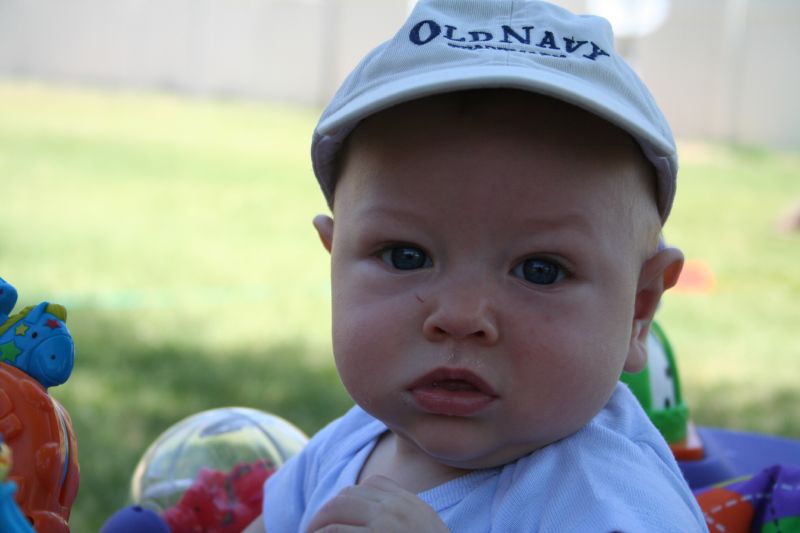
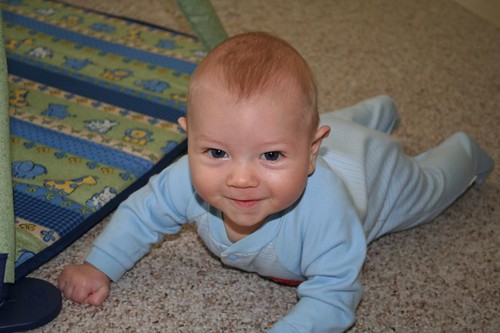
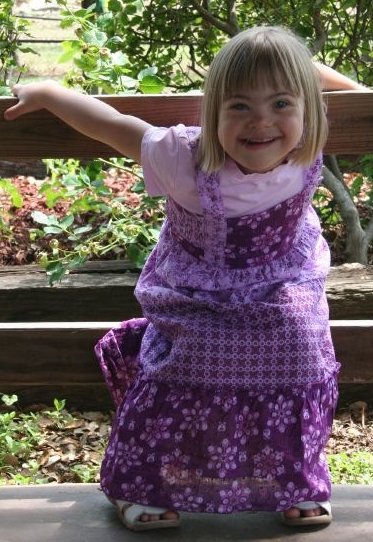
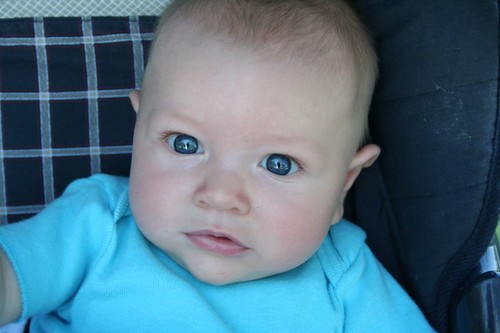
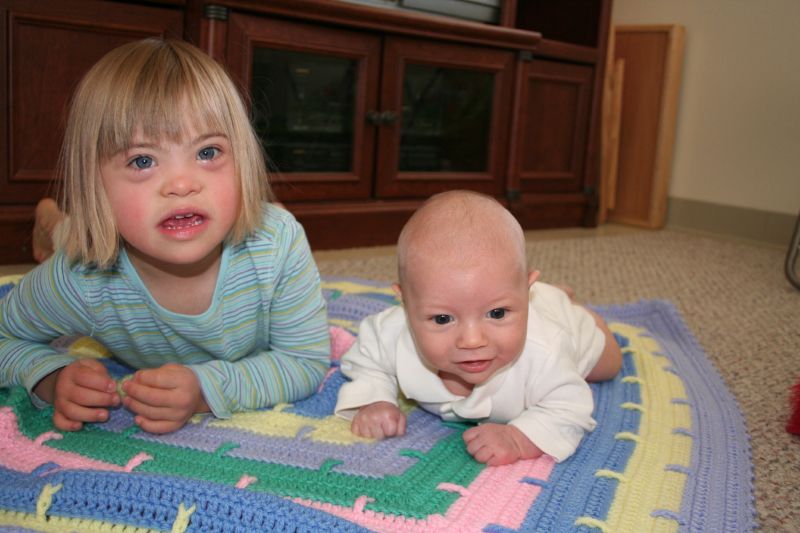
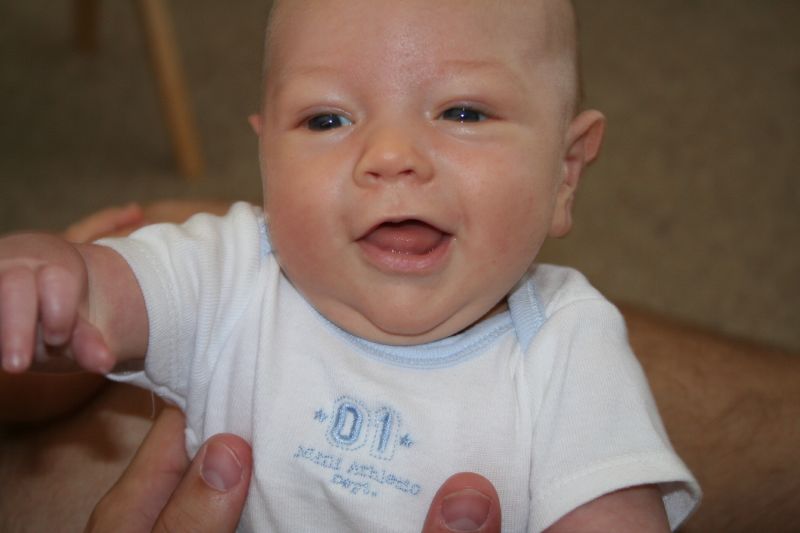
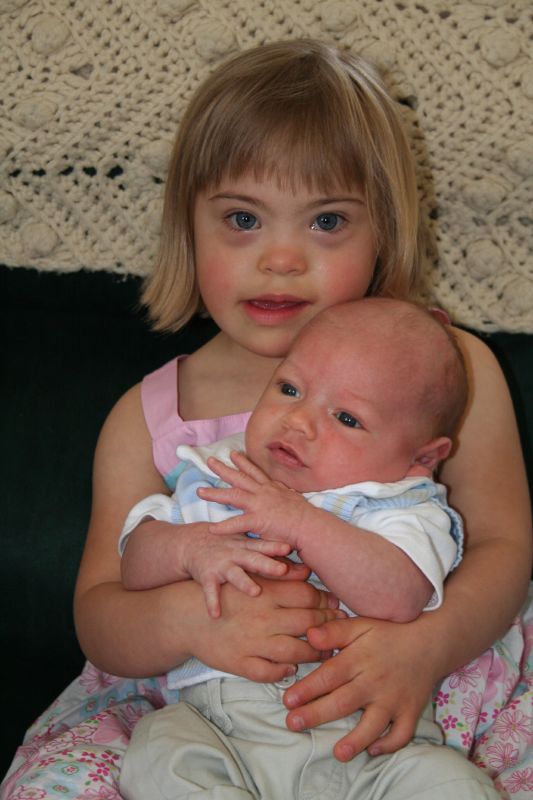
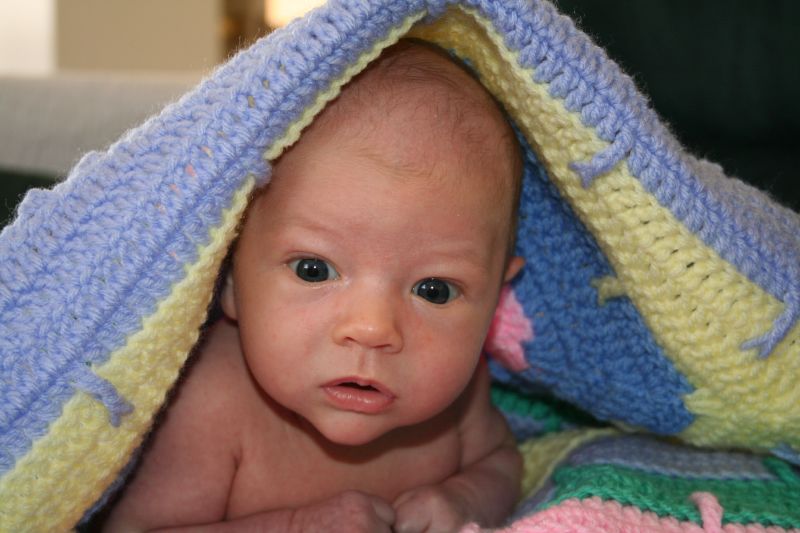
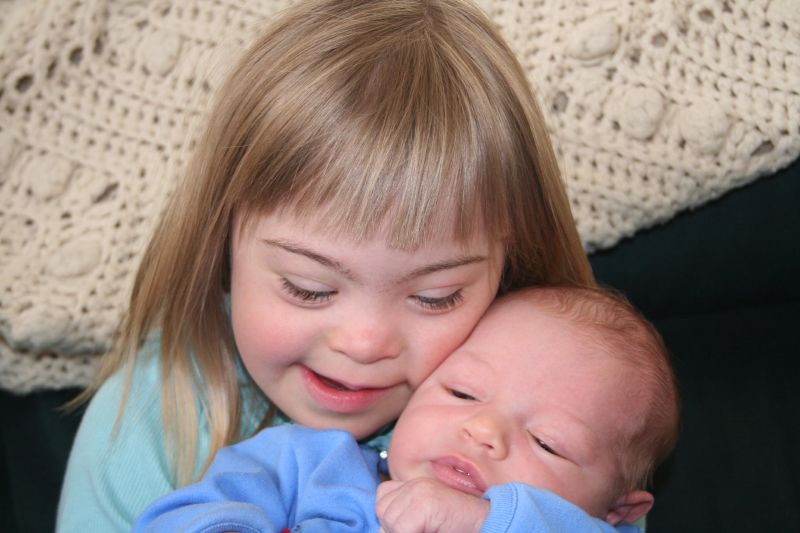
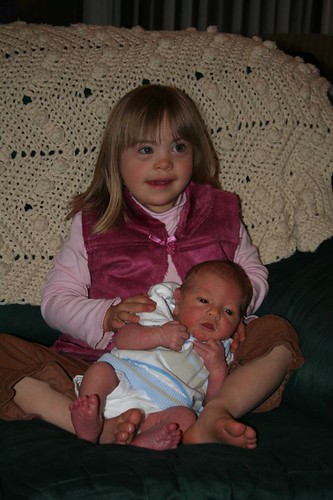
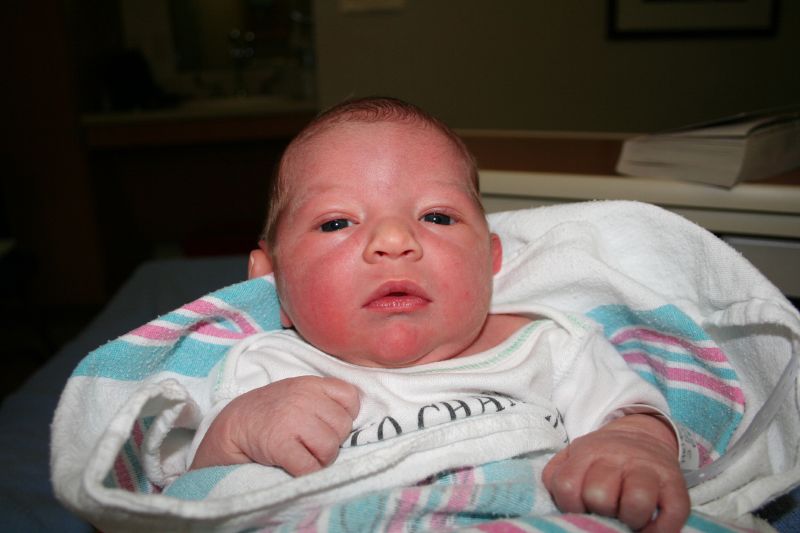
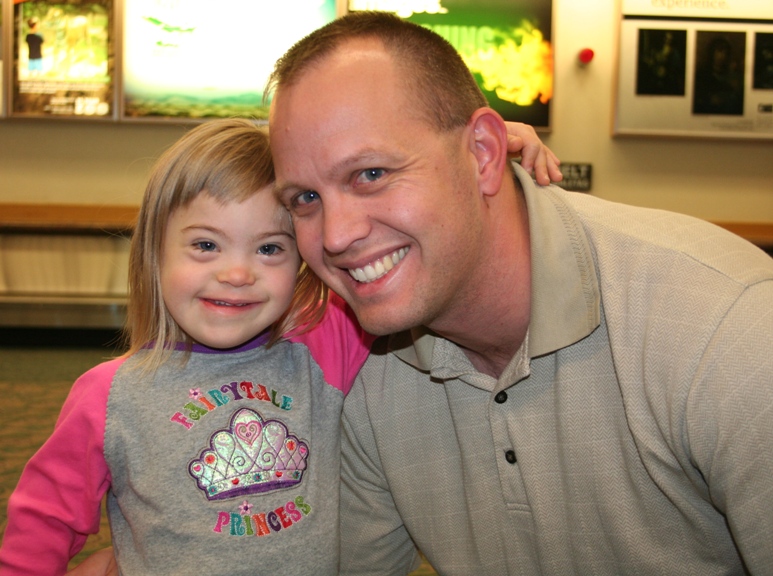





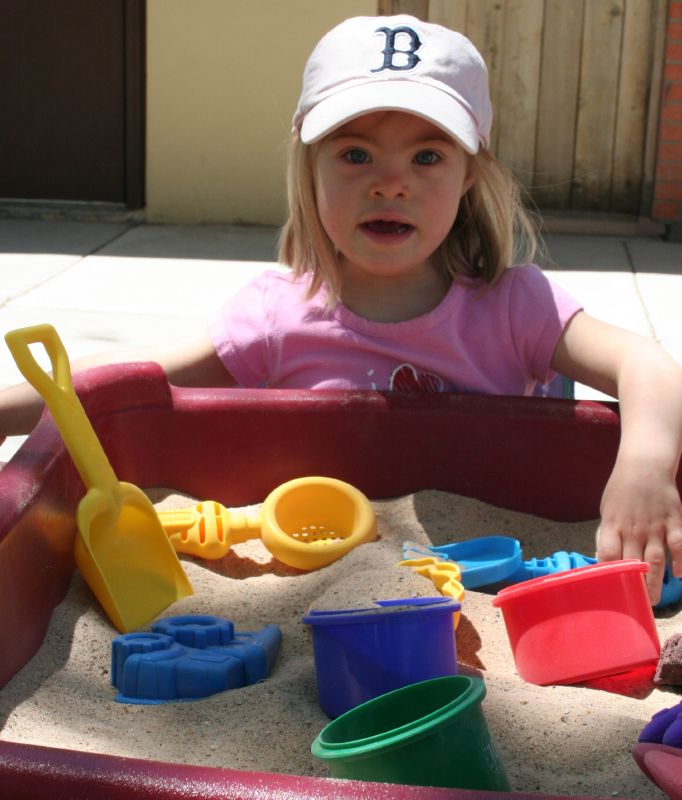
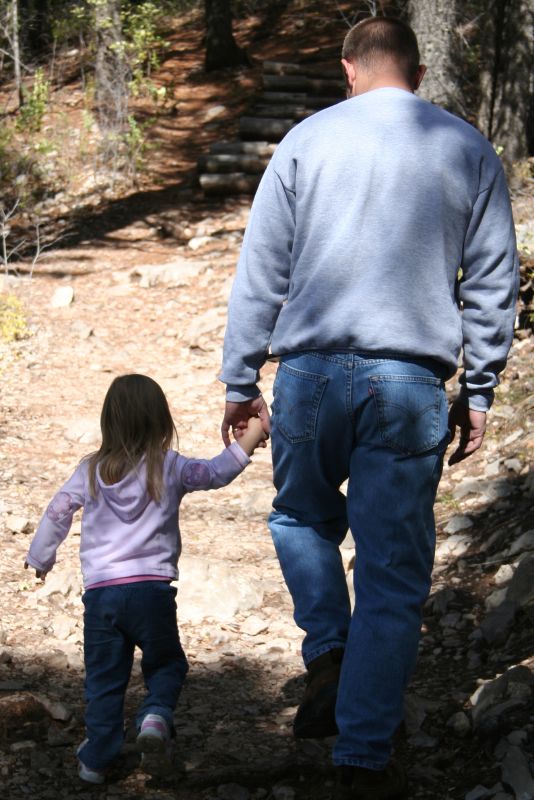

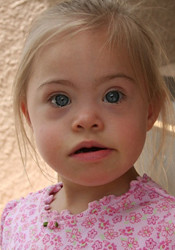




No comments:
Post a Comment